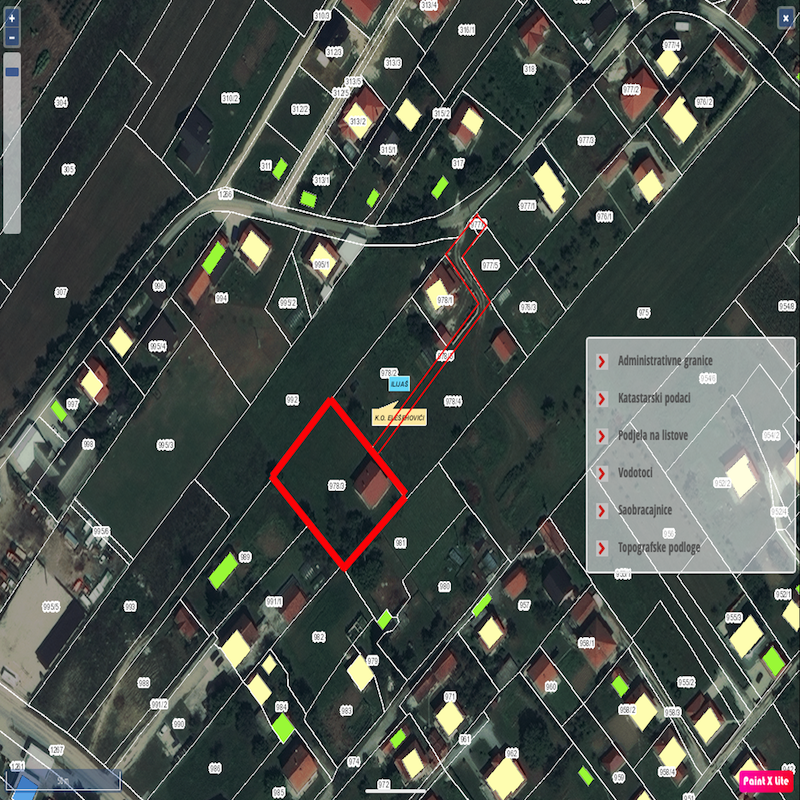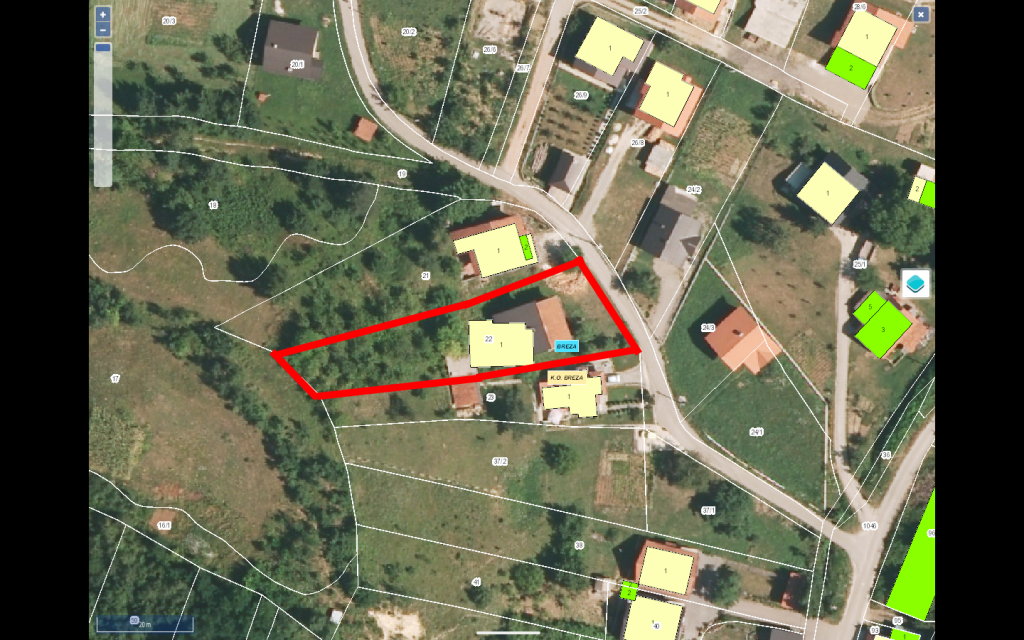Contents
The chances of relapse will be less than 15 percent for those who make it to five years of sobriety. The chances of relapse will be less than half for those participants who achieve a year of sobriety. Fortunately, there are some organizations that can help you regain your confidence by living an independent life. You have to show you have the strength to put aside your ego and acknowledge the mistakes you made in your relationship with the affected person.
Instead of worrying about what is to come, create a plan for yourself that keeps you out of the risk areas for drug or alcohol use. Depending on what your treatment program taught you, there are some tools you should be familiar with as you start out after receiving treatment for addiction or a mental health disorder. As your loved one’s addiction grows and they embark on their recovery journey, it’s common to find loved ones giving more of themselves than is helpful. Families often experience a whole world of emotions as they try to get life back to normal after rehab, with the main problem being an expectation for life to return to normal.
Triggers like stress and cravings commonly lead to relapse, as well as mental illness, relationship problems, and peer pressure. Plan for what to do if you or someone alcohol tapering you care about has a relapse. The plan should list the people to contact and the steps to take to get immediate help from an addiction treatment professional.
Support groups, 12-step programs, and individual and group counseling are just some therapies available in aftercare programs. Therapies can be selected and customized just for you to meet your individual recovery needs. For instance, aftercare programs for teens and youth use therapies that help them strengthen self-esteem and family relationships. However, though you may learn useful strategies and techniques at rehab for avoiding relapse, the possibility remains that you may still relapse after leaving rehab. Aftercare programs can be vital to helping you stay sober and to experience a safe, successful recovery. A large part of life after rehab is maintaining a healthy lifestyle and actively avoiding relapse.

In a similar vein of logic, there is never an appropriate time to closely reconnect with the people you surrounded yourself with during your time of abuse. If they still use, you will be putting yourself at risk for relapse each and every time you hang out with them. Even better is the fact that you are now better positioned to help people around you who may still be struggling with addiction. Just because you entered rehab for drugs doesn’t mean that your experience with alcohol would end any differently. You need to take the time to completely recharge after a rehab experience.
Post navigation
This personal growth will help guide you after rehab, and it won’t be easy. There will likely be reminders of your old life around every corner, and you may have to make amends to those you have hurt. There are some well-known group meetings like NA and AA, and there are lesser-known local and regional meetings. The important part is that you find a support system that will give you the strength and accountability to stay strong, even in the face of temptation and adversity. And how addicts can manage their disease safely and effectively over a long period of time.
- Don’t make the mistake of thinking that you need to join Alcoholics Anonymous or another twelve-step group to have a sponsor.
- Staying busy will help to keep your mind focused on productive activities and away from negative feelings.
- Proper nutrition improves your focus, your immune system and your sense of wellbeing.
- Be cautious of getting too overconfident and letting these priorities slip as this is what often triggers a relapse.
Rather, it assumes you’ll have the tools necessary to survive the drop. For most folks, this plan includes continuing care…makes sense, no? If you plan to stay off drugs and/or alcohol then the more assistance, intervention, and direction, the merrier. Stick with your group and individual counseling, even if you start feeling like yourself again. Although the cravings and urges to drink will diminish, you’re still considered new in sobriety. One tip that can help is to keep up with a journal about different stressors and triggers you experienced and how you overcame them.
Our goal is to offer people a single source of relatable, reliable information at any stage of their recovery journey. Manage situations that may trigger the desire to use drugs or drink alcohol. The first component of drug treatment is detox, the process of removing drugs from your body. Then, you work through treatment, which aims to help you understand not just what happened but why.
Before Leaving Rehab
Your aftercare plan may consist of support services provided by the treatment center, local support groups in your community, and suggested lifestyle changes. Utilizing this plan will help you stay sober and manage your addiction on a long-term basis. Recovery housing is a drug and alcohol-free environment in a home or residential complex.

Substance abuse is not causing you to miss out on the finer moments in life. Also, it is likely that you have acquired and fine-tuned the coping skills needed to deal with the major life changes that you were likely advised to avoid during your early recovery. Importantly, the most precarious relationships you’ll have to deal with may be the relationships you had with people who were involved in substance abuse alongside you. They could try and sabotage your efforts to stay on the path to recovery with peer pressure. In your still-weakened state, maintaining awareness of this possibility is critical. Staying sober must be your top priority, especially during early recovery.
Related Programs
DualDiagnosis.org provides alternative recovery group solutions for those who are looking for something different than AA or NA. The entire staff went overboard to make me comfortable which made my experience headaches from alcohol withdrawal that much more tolerable. You may also want to look at your community and the specific needs of the various community groups. From there you can decide where best to donate your time and service.
As you progress through life after rehab, a recovery coach will act as a continual mentor, friend and support person for ongoing struggles. Should emergencies arise, your recovery coach will be able to help to ensure you obtain appropriate medical treatment. Ensure that you have a balanced mix of work, household chores, activities and social engagements to keep you occupied. Staying busy will help to keep your mind focused on productive activities and away from negative feelings. Too much free time can promote feelings of depression, anxiety and even start to induce cravings. Keep in mind that once you leave rehab, you can’t fix all your problems alone, and it can’t all be done in a single week.

When you leave, you’ll be back in the same environment, possibly in the same family or workplace dynamic that caused you to self-medicate with alcohol or drugs. For some patients, life can become overwhelming and even frightening when leaving rehab. This is where a recovery coach can support a patient in their transition back into normal daily life. There are several benefits to working with a recovery coach, including continued assistance with your aftercare plan. As part of transitioning after rehab, you’ll want to attend community support groups for people who are also on their recovery journey.
Ready to Make a Change?
If you’ve put in the work, you deserve to celebrate with a cake or something fun with your sober friends. From here, you’ll probably notice that your cravings are fewer, but don’t be surprised if they turn up from time to time. Keeping the network of support and the new relationships that you’ve developed in the first six months will help you reach your first-year sober-versary. Although the 30- or 60-day program that you undertake may have been a lot of hard work, you’re also making good decisions in a protected environment. You’re in a dorm-like setting with professional counselors available to help when you’re upset, as well as no access to your drug of choice and many of the triggers in your day-to-day life.
Practice a healthy lifestyle
With your loved one, make a relapse plan in advance so you can check for signs of relapse and set up pre-emptive steps. Involving other people, especially professional treatment providers can be constructive in the planning process. Theirs is nothing quite like the support your loved one will experience when attending peer support groups like Narcotics Anonymous or Alcoholics Anonymous . Connecting with like-minded people who have gone through what they have gone through and can share their successful sobriety stories is a tremendous help to recovery. In comparison, the support your loved one needs will also change with time. There is always the potential for missteps along the recovery journey, but there are many things you should and shouldn’t do to help them along the way.
The same is true of a healthy diet; it provides your body with energy and the necessary nutrients to heal. Besides being obvious and self-explanatory, the benefits of exercise and proper diet are proven beyond a shadow of doubt to bring your recovery to the next level. If your program does not offer these services, ask to be referred to someone who can help; they usually have a massive index of resources at their disposal. The Substance Abuse and Mental Health Services Administration discusses the four dimensions critical to a successful recovery. When you’re ready to get started with rehab, we’ve compiled a few sites for extra information.
Beyond the physical symptoms of early recovery, you should know what to expect six months after drug rehab in terms of your interpersonal relationships. Much of what you’ll need to focus on during this time is beginning to decide whether or not your old relationships can be repaired or not. In particular, you should know that, while completion of rehab is definitely a positive thing in your life, your friends college alcoholism and binge drinking and family may express varying reactions to your return. Some people may express a lack of optimism about your chances of actually remaining clean and sober, while others may harbor anger about previous wrongdoings. Nearly 20 million Americans struggle with a drug or alcohol addiction, but according to SAMHSA, only about 11% of these people actually enter into an inpatient rehab facility for treatment.








